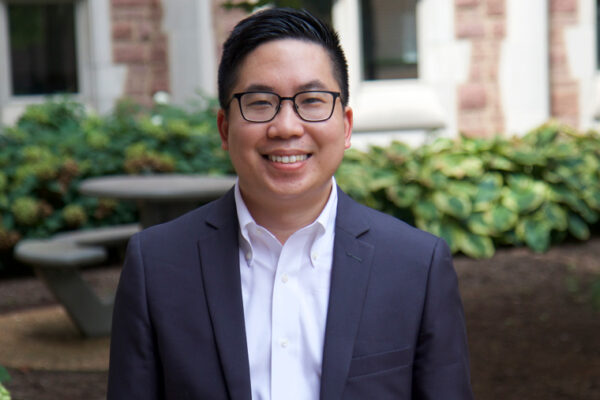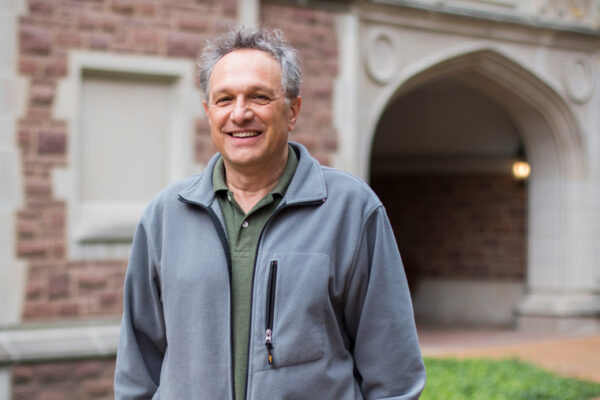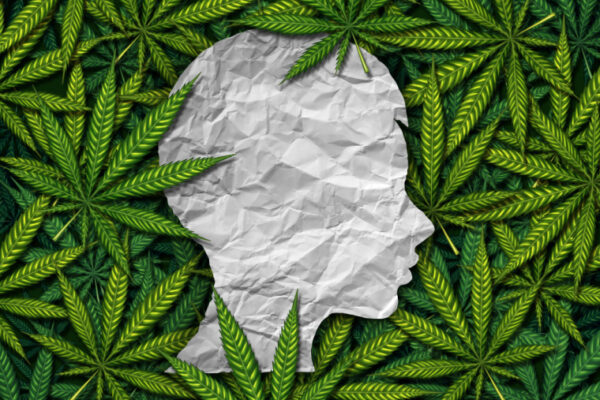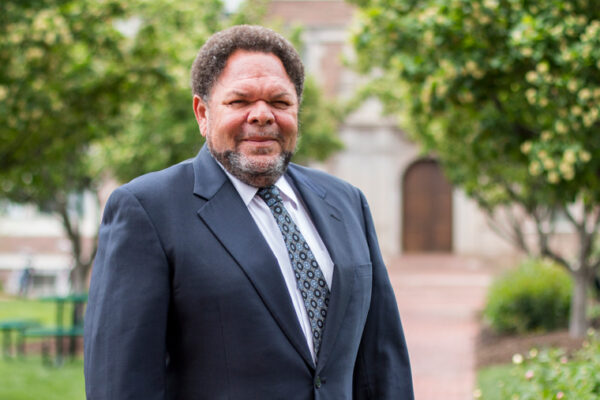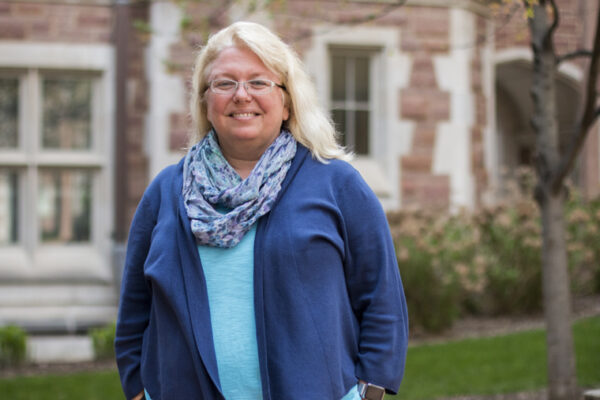COVID messaging: caring or condescending?
Research from the lab of Brian Carpenter, in Arts & Sciences, suggests older adults understood that sometimes-unflattering COVID-19 messaging came from a place of caring and compassion.
Lai receives Templeton grant to develop anti-bias intervention strategies
Arts & Sciences’ Calvin Lai received a $230,000 grant from the Templeton World Charity Foundation to lead an interdisciplinary effort to develop discrimination interventions.
Boyer to study ‘wild religions’
Sociocultural anthropologist Pascal Boyer, in Arts & Sciences, received a $2 million grant from the Templeton Religion Trust to examine historical and modern religious customs that fall outside of institutionalized religion.
Roediger presents ‘Presidential Legacies’ session
Most presidents have 100 years until they fade from Americans’ memory. Henry L. “Roddy” Roediger in Arts & Sciences will discuss his research into this and the broader national collective memory on Sept. 29.
Problems persist for kids exposed to cannabis in the womb
Research from Ryan Bogdan’s BRAIN Lab in Arts & Sciences finds signs of psychopathology persist into mid-adolescence in kids exposed to cannabis in the womb.
Baugh named to board of Oxford Dictionary of African American English
Arts & Sciences’ John Baugh has been named to the advisory board of the first edition of the Oxford Dictionary of African American English.
Distress leads to higher COVID vaccine rates, less adherence to distancing guidelines
New research from the Department of Psychological & Brain Sciences in Arts & Sciences indicates that fear-based messaging may result in mixed effects when it comes to public health.
Barch receives Research Investigator Prize
The American Psychological Foundation has awarded its Alexander Gralnick Research Investigator Prize to Deanna Barch, professor in Arts & Sciences and at the School of Medicine.
Head, Zacks to study aging, development
Denise Head, professor of psychological and brain sciences, and Jeffrey Zacks, associate chair and professor of psychological and brain sciences, both in Arts & Sciences, won a five-year $2.5 million grant from the National Institutes of Health (NIH) for work on aging and development.
Social interactions tied to sense of purpose
Research from the lab of Patrick Hill in psychological and brain sciences in Arts & Sciences shows a link in older adults between social interactions and having a sense of purpose.
Older Stories

